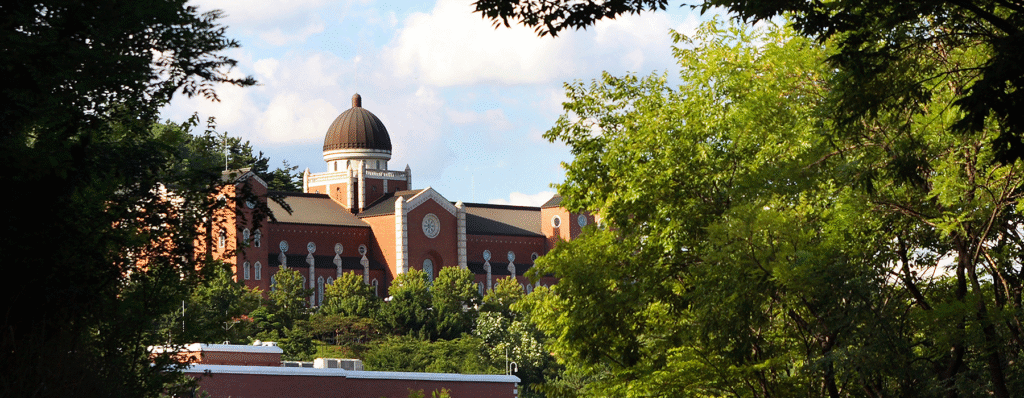Starting a new job in Korea? Many companies include a “probation period” (수습기간) in employment contracts. This period is meant to evaluate whether the employee is a good fit — and whether the company provides a suitable environment. But there are a lot of misconceptions about how long this period lasts and what rights employees have during it. Let’s break down the key questions foreigners often ask.
Q1. The probation period in Korea is legally limited to three months. True or false?
→ False.
There is no law in Korea that specifically limits the probation period to three months.
Many companies choose three months simply because, under the Labor Standards Act, employers are exempt from the obligation to give a 30-day dismissal notice if they terminate an employee within the first three months of employment (Article 26).
In other words, this “three-month rule” comes from the dismissal notice exemption — not from a legal cap on probation itself.
Companies may set a shorter or longer period depending on their internal policies, as long as the terms are clearly stated in the employment contract or the company’s Rules of Employment (ROE).
Q2. Can the company unilaterally extend the probation period?
→ No, it cannot.
Under Article 4 of the Labor Standards Act, “working conditions shall be determined through the equal agreement between employer and employee.”
Therefore, if the company wishes to extend the probation period, there must be a clear legal basis — either a clause in the ROE that allows such extension, or the employee’s explicit consent.
A company cannot simply declare, “Your probation is extended for another month” without following due process.
Q3. Can the company pay less than the minimum wage during probation?
→ Partially yes, but only under strict conditions.
If the employee is hired under a contract lasting one year or more, the company may legally pay up to 90% of the statutory minimum wage during the first three months of probation.
Since the minimum hourly wage in 2025 is ₩10,030, the company can pay as low as ₩9,027 per hour during that initial period.
However, this exception applies only to those on long-term contracts (one year or more). For shorter-term or fixed-term contracts, the full minimum wage must still be paid from the first day of employment.
Q4. Can the company fire a probationary employee “at will”?
→ No.
Korean labor law does not recognize “at-will” termination.
Even during the probation period, a company may dismiss an employee only if there is a “just cause” (정당한 이유) as required under Article 23(1) of the Labor Standards Act.
Courts tend to interpret “just cause” a bit more broadly during probation — for example, if the employee clearly lacks basic job competence or fails to meet minimum performance expectations despite fair evaluation.
Still, this does not mean the company can terminate a probationary employee without any reason. A dismissal without a legitimate and specific cause would still be considered unlawful.
In Korea, the probation period is not a loophole that allows employers to freely test or dismiss workers. Probationary employees enjoy most of the same rights and protections as regular employees — including minimum wage, social insurance, and the right not to be dismissed without cause.
If you’re starting a job in Korea, always be sure to check:
- The exact length of your probation,
- Whether your pay is temporarily reduced (and by how much), and
- What evaluation standards apply before confirmation.
